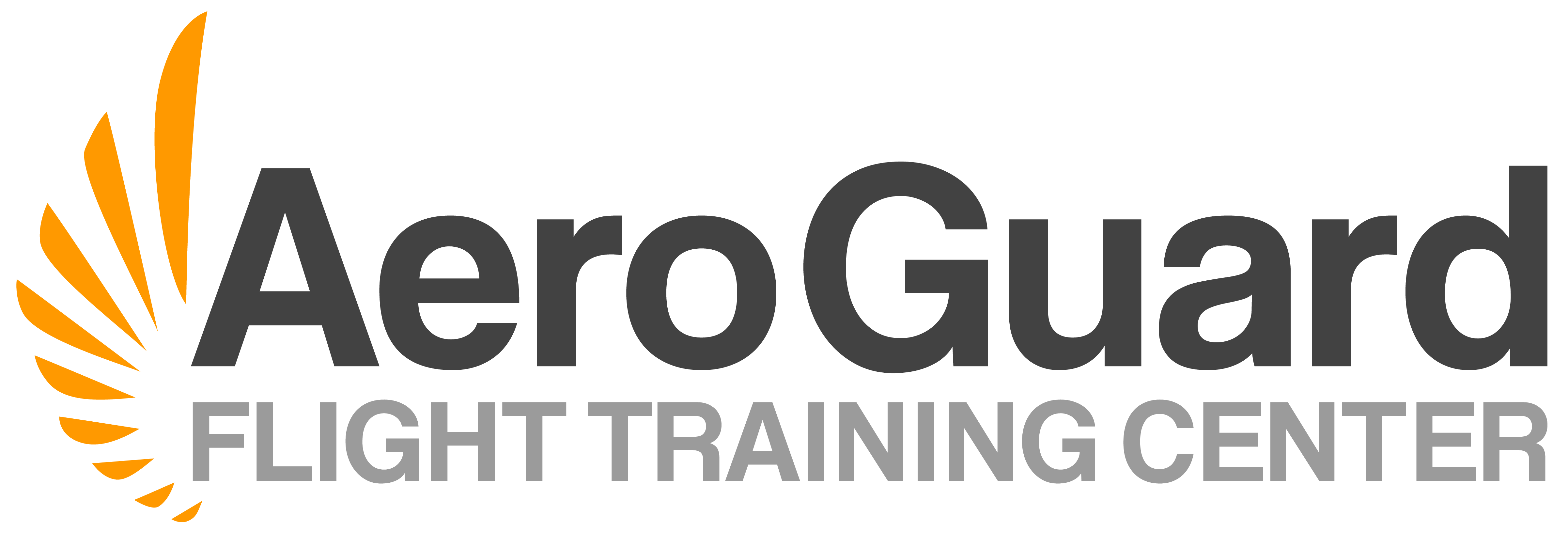What Are Airline Flow Agreements?
For student pilots looking towards a future career as an airline pilot, they may hear a lot about airline flow agreements and how joining one cadet program, or one regional airline over the other will “flow” to a major airline. What this means is that once certain requirements are met, such as a number of years or number of flight hours, pilots from a regional airline can be called up to a major airline automatically, without applications, interviews or other hiring requirements. This often sounds attractive to pilots selecting an airline program, but the reality is that they are sacrificing control over their own timeline, airline options, and ultimately over their own career.
Airline Flow Agreements are carefully negotiated between the Major Airline, as well as their Pilot Groups, and as such are weighted in the favor of the major airline who wants to retain as much control over their staffing as possible. These airlines are looking to hire the best pilots available to them at any point in time, so they give themselves the flexibility to hire as many pilots as they like outside of these flow agreements, and instead they use them as a fall back to pull pilots as needed when necessary.
As a result, these flow agreements are often established in terms of their minimums, not their maximums. Pilots may see advertisements to flow to a major airline as ‘in as little as 3 years’, as is the established minimum in the contract, but without any agreed maximum pilots can soon experience three or four times that amount of time. Pilots are unlikely to see that they would flow ‘in 5 years or less’, for example.
Pilots waiting to take the next step in their career will be forced to wait and watch, as their seniority number gradually inches towards the top of the list with each monthly hiring class being called up as needed by the airline. This takes the control away from the pilot who feels committed to the airline, as opposed to in control of their own career and able to apply to a wide range of airlines as they become eligible or experienced.
There are other disadvantages to relying on airline flow agreements too for pilots, not just the lack of control and typically longer timeframes. Flow agreements can be cancelled or changed by the airline while a pilot is already in the system as the contracts go up for renewal and renegotiation. Also, if for any reason a pilot turns down their flow when it is called, such as personal circumstances at that time or if they are seat-locked with their current airline, then it is lost entirely never to return.
The alternative to relying on an airline flow agreement is for a pilot to take control of their own career, and not just wait for their number to eventually be called. Instead, by joining an airline like AeroGuard partner SkyWest Airlines , pilots can be in demand at a number of major airlines based on their skill and experience. Pilots are encouraged to build their resumes, expand their experience and develop leadership skills that will make them desirable to the major airlines to skip ahead of those waiting for the automatic flow. Unfortunately, those within flow agreements do not have this luxury as it is based solely on their seniority number and not their other skills or qualifications.

